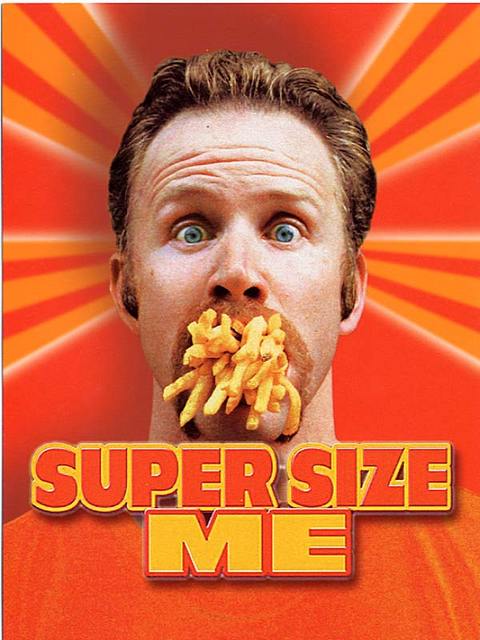- watch a video and read about recent changes in British social attitudes on marriage, relationships, religion and welfare
- practise numbers, percentages, fractions, the language of graphs and statistics
- listen to people giving opinions
1) Discuss
- What are the British like?
- Are we conservative and traditional or liberal and tolerant?
- Do you think the UK has changed in the last 30 or 50 years?
- Has your country changed in the last 30 or 50 years?
- What changes do you think have happened in the UK in the last 30 or 50 years?

2) Discuss
Look at the opinions in the exercise below.
How many do you agree with?
3) Watch
Changes in British social attitudes since 1983
Watch the video.
1) Put the opinions in the exercise above in the order you hear them.
2) What other information does the video tell you about British views on marriage, religion, welfare and relationships?
source http://www.bsa-30.natcen.ac.uk/
3) Watch again and answer these questions.
4) Discuss
What language do we use to describe graphs, data and statistics?
Look at the words in the questions above. In 60 seconds how many more words or expressions can you think of?
In pairs write a list.
eg a sharp rise, drop, double, per cent ...
5) Read
A) How many of these words do you understand?
B) Look carefully at the diagram and do the exercise below.
Changing Attitudes - The 1980s and 2012
6) Read
A) Read the text below and answer these questions.
Compared with 50 Years ago;
- Is class still important in British life?
- Are the British more or less interested in politics?
- Are the British of today more or less optimistic?
- Do people think the Queen is still important?
Poll shows our views on class, politics, unions and royalty have all moved on since 1963
Britons are more interested in politics than 50 years ago, but less convinced that the government pays much attention to their views. The survey also found that while trade union power has become less of a concern, the influence of big business persists as an issue for 61% of people, slightly up on half a century ago.
Half a century on, the survey suggests, the influence of class over British politics has diminished, along with a feeling of engagement with Westminster, but it has not been accompanied by a loss of interest in politics – rather the reverse. Significantly, in 2013 only 17% think that "having elections makes government pay a good deal of attention to what people think", against 46% in 1963. Yet in contrast, 28% now say they take "a good deal" of interest in politics, up from 16%, while 43% take "some" interest, compared with 37% in 1963. Politics is alive and well, it appears, but the House of Commons is not the focus.
Among the findings, the 1963 and 2013 polls also underscore the shift in public opinion on social security. In 1963, 77% thought the government should spend more on pensions and social services, while that figure is now 42%. However, given the choice between tax cuts and increases in social services, there has been a small decline in support for tax cuts, from 52% to 46%, and only a similar fall in support for more social services, from 42% to 37%.
The comparative figures reveal a sharp decline in optimism. Today 11% think they are better off than they were a year ago, and 38% feel worse off. The figures for 50 years ago were 33% and 21% respectively.
In 1963, 36% of British people thought Britain should have very close ties with the US. That has fallen to 14% in 2013.
The survey also underlines the decline in support for the monarchy as a political entity – 63% thought the Queen and the royal family were very important to the nation in 1963, compared with 41% now.
Adapted from http://www.theguardian.com/society/2013/nov/17/1963-opinion-poll-westminster-public
B) Vocabulary. Look at the text again and do the exercise below.
Printable worksheets here
More
Practice.
The language of graphs.
Look at the presentation. Try and describe the graphs.
Reading.
NatCen Social Research site http://www.bsa-30.natcen.ac.uk/
News
http://www.channel4.com/news/british-attitudes-towards-health-family-sex-and-benefits
http://www.getreading.co.uk/news/local-news/british-social-survey-shows-changing-5873917
More on EFL SMARTblog
- How much does the internet weigh? Advanced, Describing Graphs and Charts, IELTS, IELTS Writing Task 1, Internet, Reading, Relative Clauses, Upper Intermediate, Writing
- UK goes online shopping Advanced, Business, IELTS, Listening, Technology, Upper Intermediate
- Visit Britain - Webquest (Reading / Scanning) Elementary, Intermediate, Life in the UK, Reading, Scanning, Visit Britain, Webquest
- Visit Britain - You're invited. Adjectives, Advertising, Describing a place, Intermediate, Life in the UK, Listening, Visit Britain












